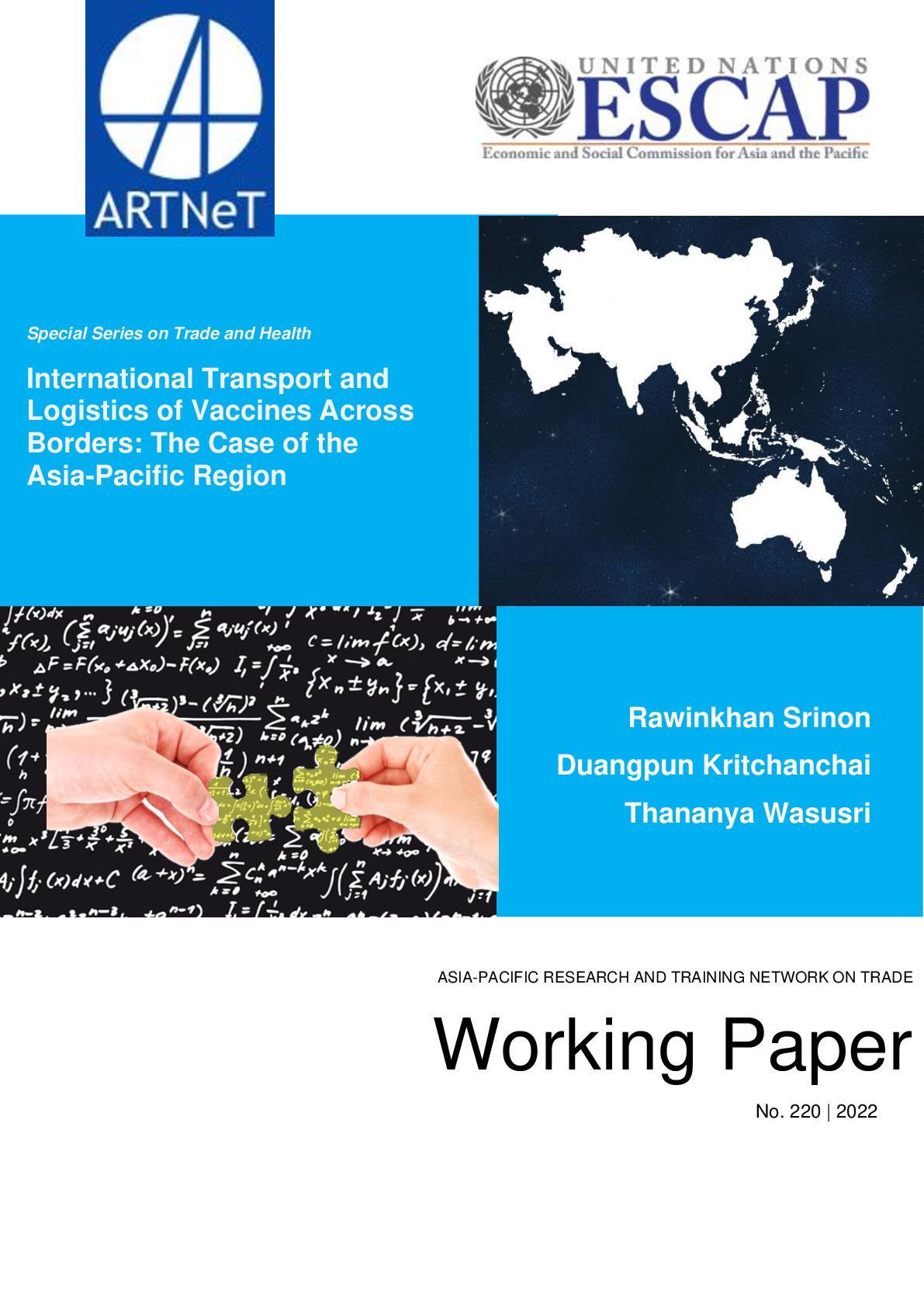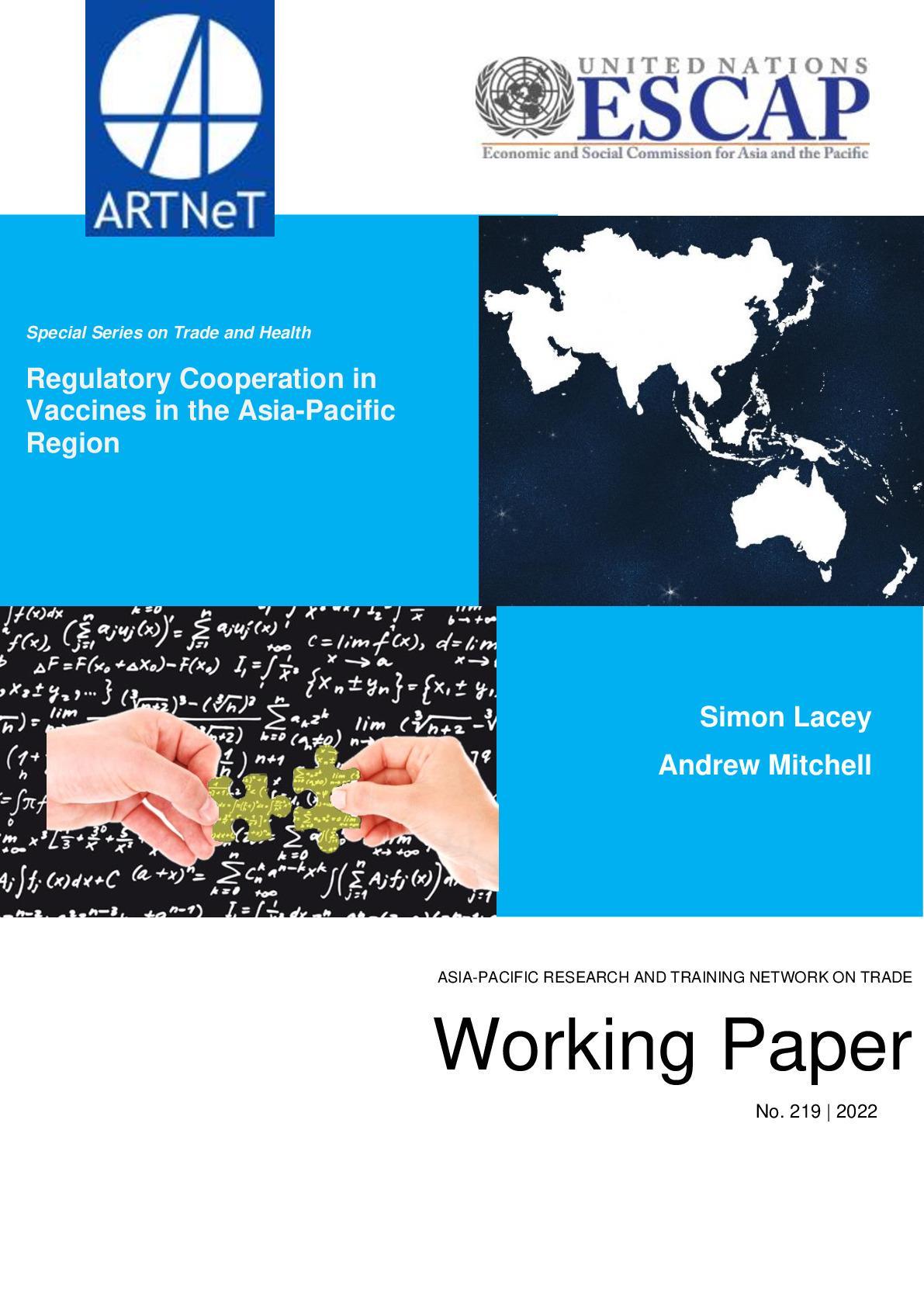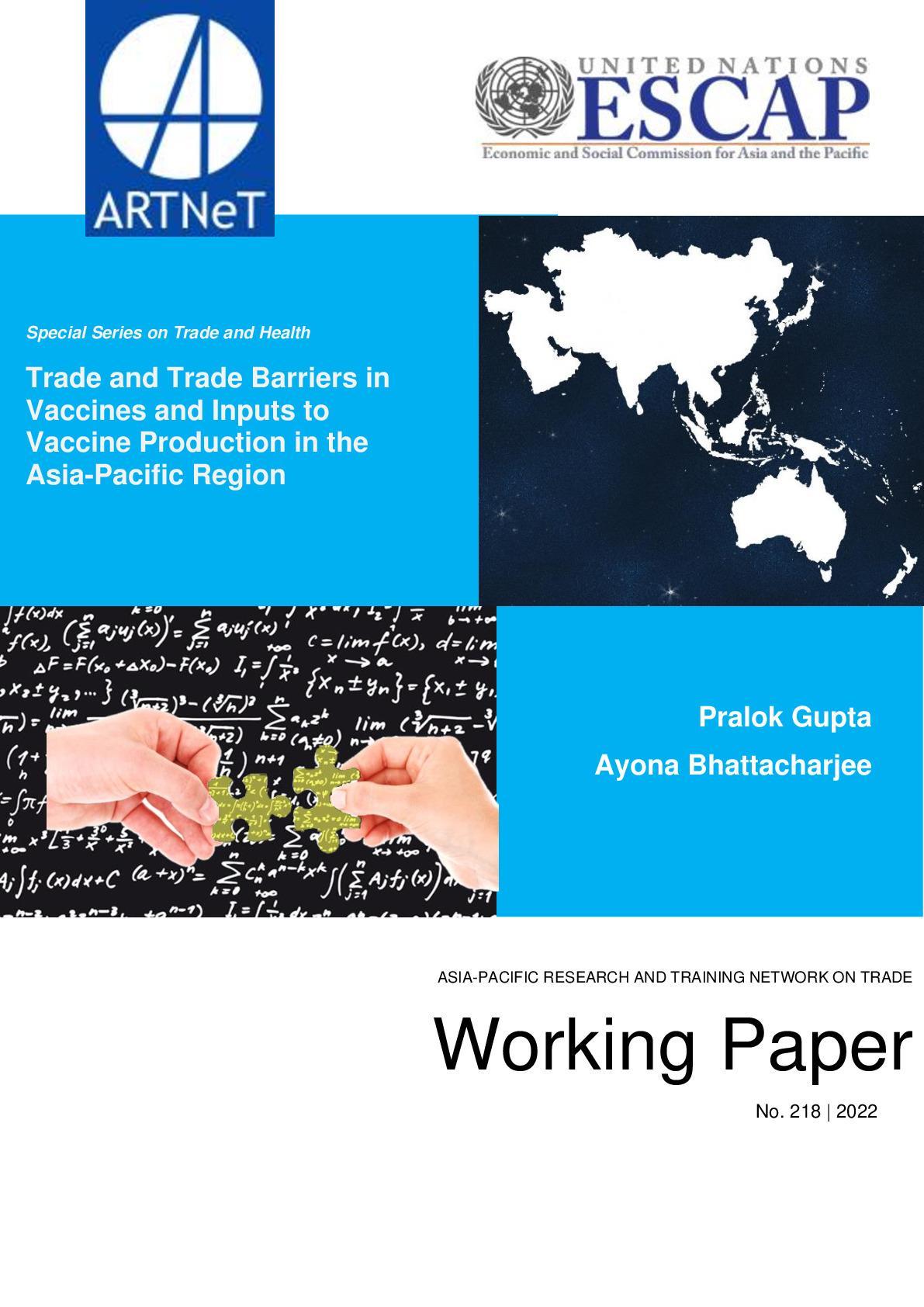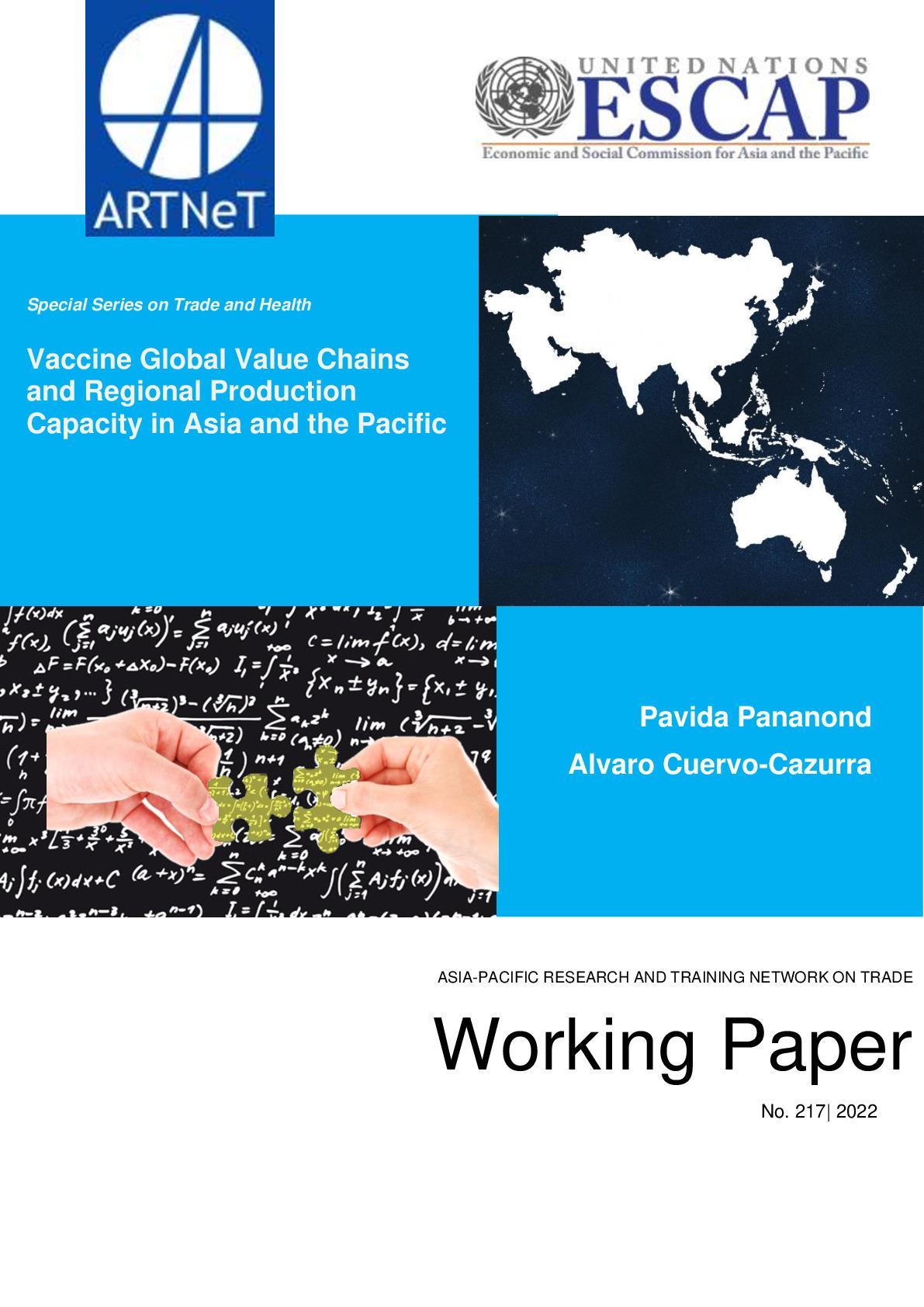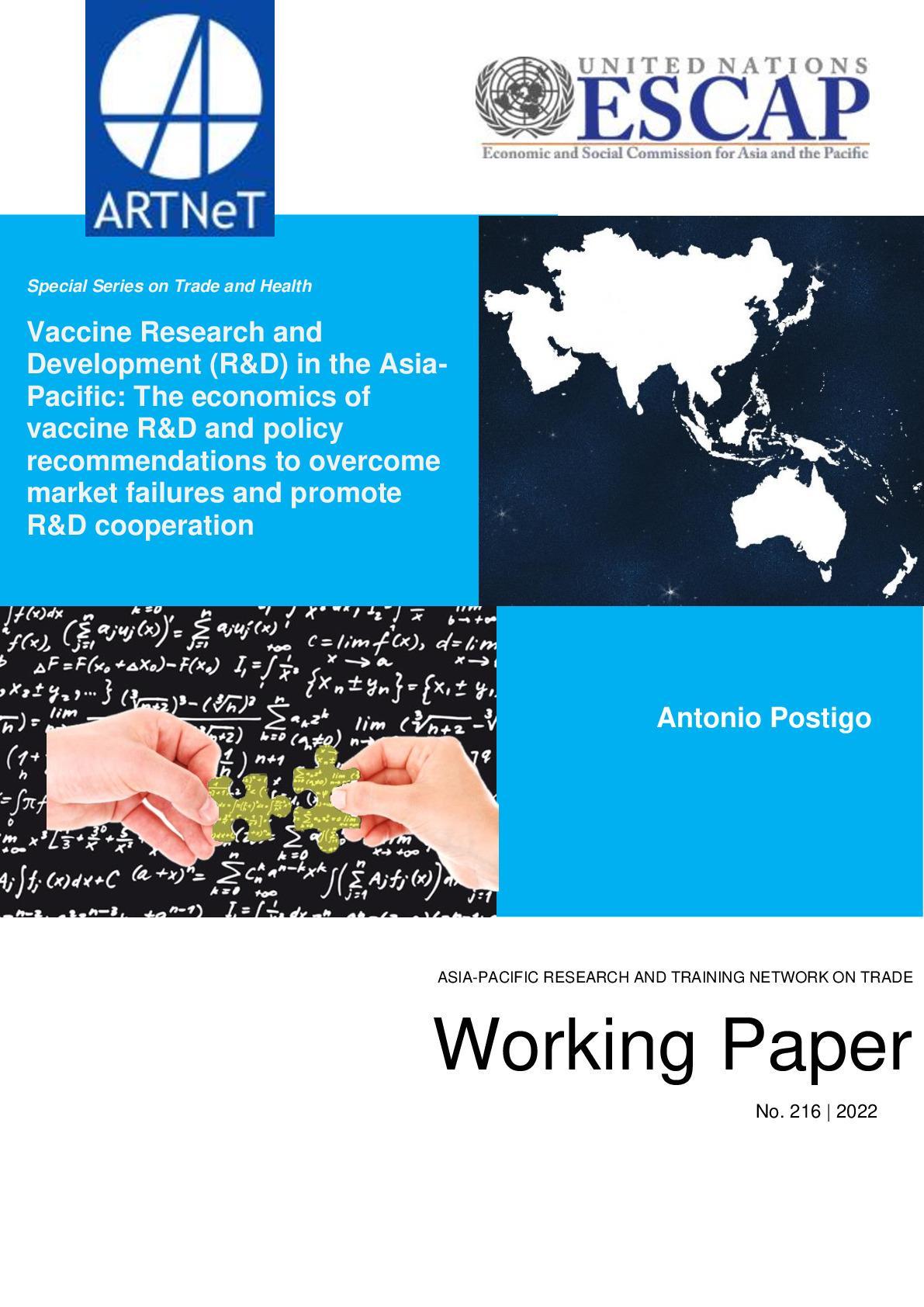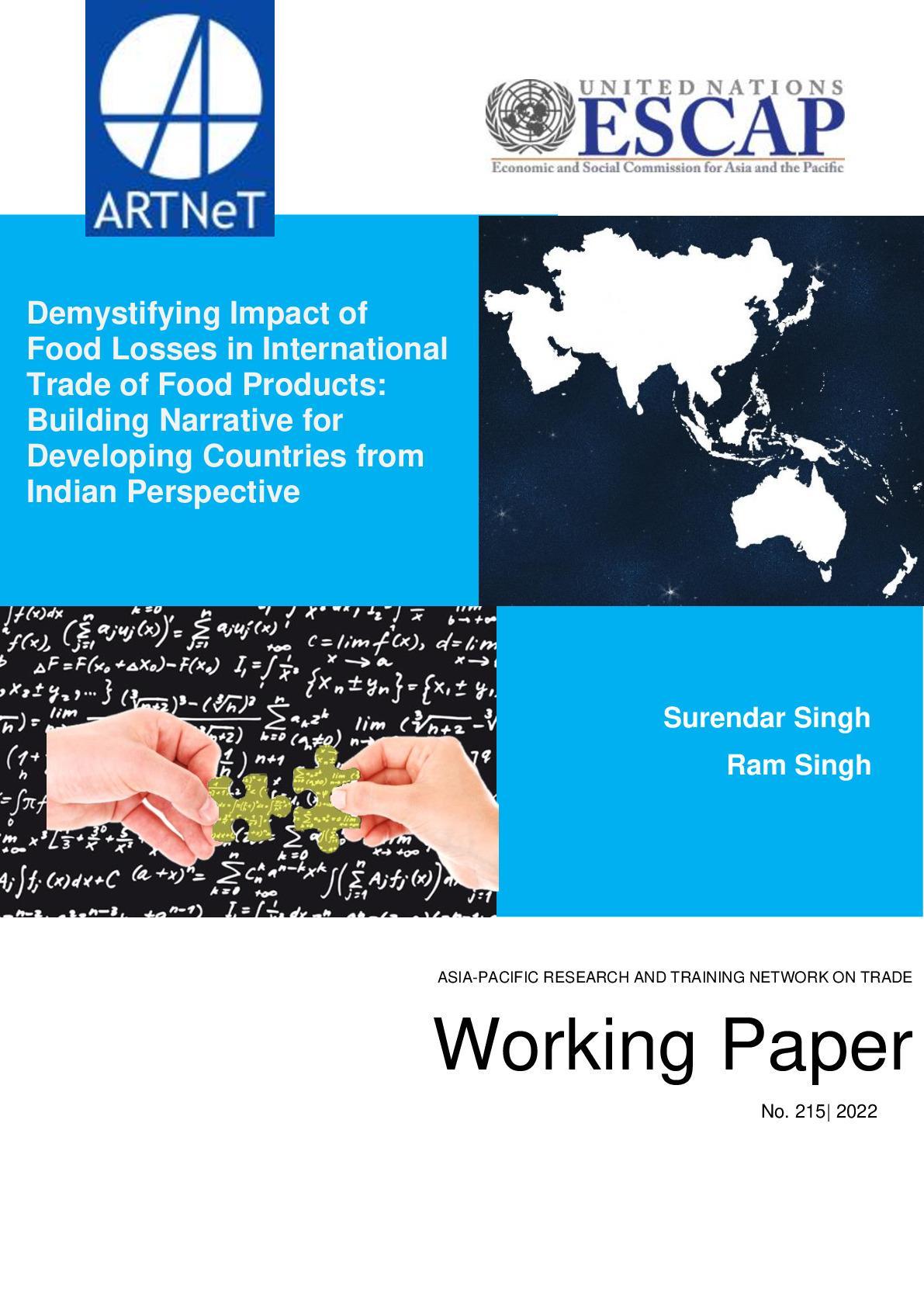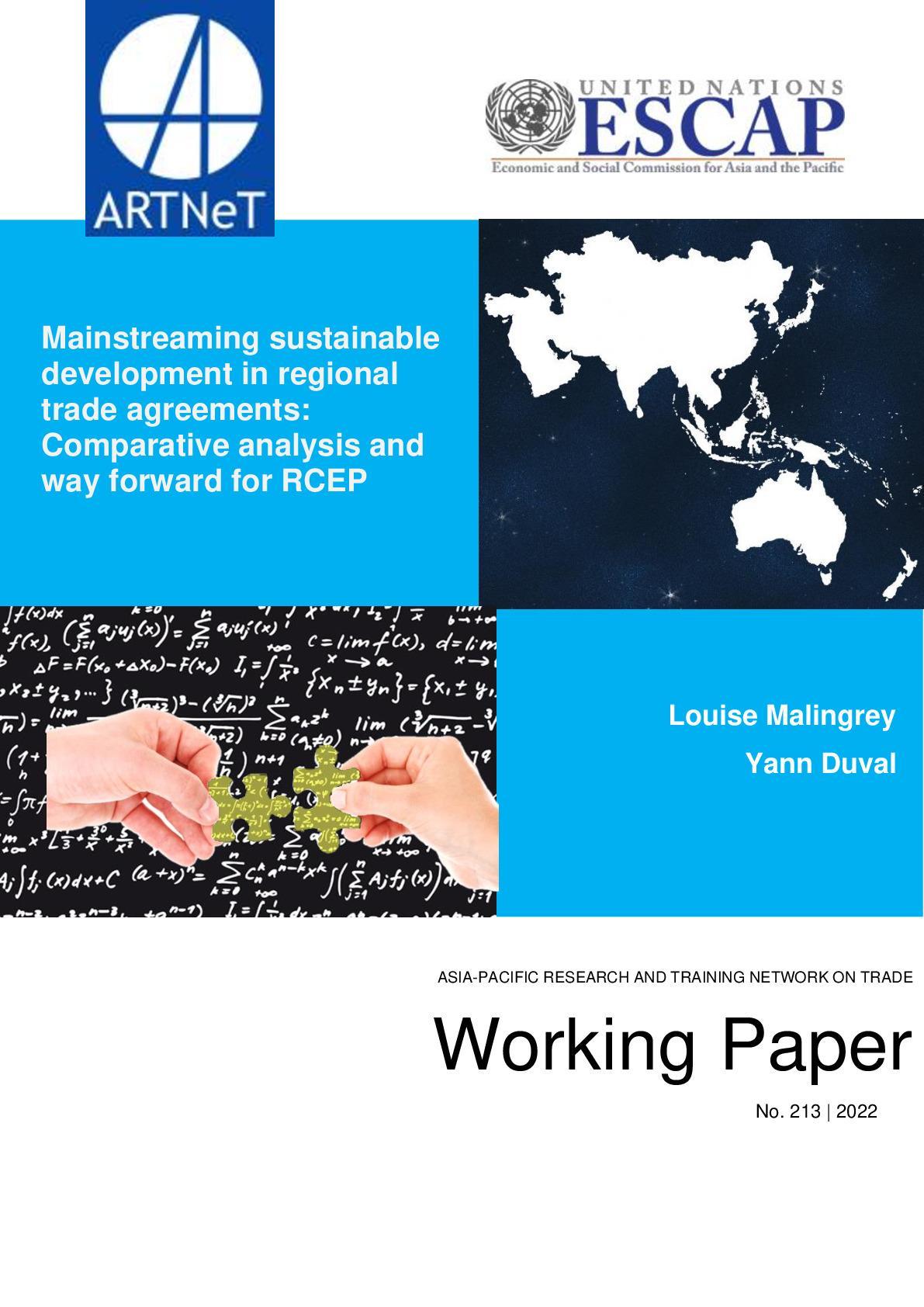Food loss in international trade: A case study of Indonesian tuna exported to the European Union, the United States, and Japan
The knowledge of the drivers of food losses in international trade and possible mitigation strategies is still limited. This study focused on the prevalence and drivers of food loss in Indonesian tuna exported to the European Union, the United States, and Japan. The results showed that various existing Non-Tariff Measures (NTMs) are in place to ensure food safety. However, standards and regulations differ significantly among trade partners, and are somewhat more strict than international standards, leading to higher rejection levels.

